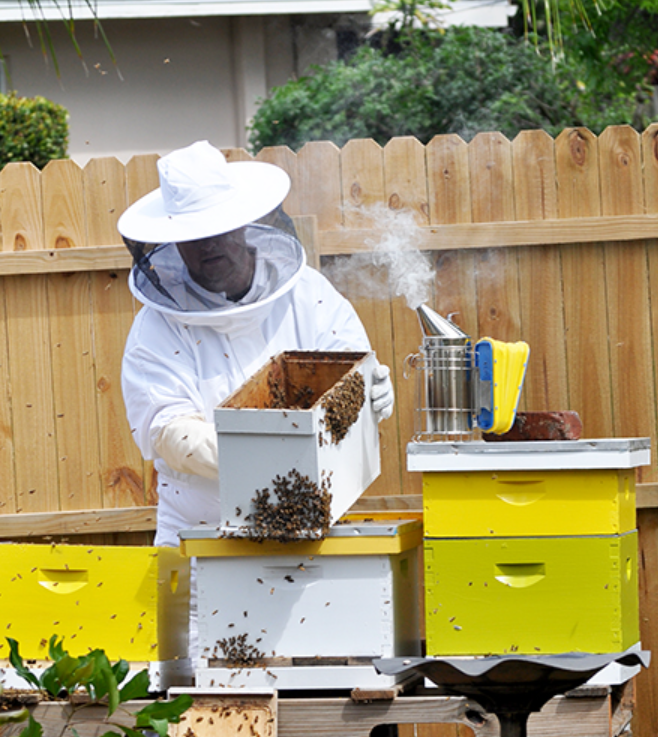Beekeeping as a hobby is an enriching pursuit that offers numerous benefits, from producing honey to supporting local ecosystems. Here’s a comprehensive look at what makes beekeeping a rewarding hobby, along with practical advice for those interested in starting.
One of the primary motivations for many hobbyist beekeepers is the desire to produce their own honey. This sweet commodity has been cherished for centuries, and the satisfaction of harvesting honey from your own hives is unmatched. Many hobbyists find joy in the process of extracting honey and experimenting with different flavors and types.
Bees play a crucial role in pollinating plants, which can significantly enhance the productivity of home gardens. By keeping bees, hobbyists not only contribute to local biodiversity but also enjoy the fruits of their labor in the form of healthier plants and increased yields.
Beekeeping offers a unique opportunity to learn about ecology, biology, and the intricate behaviors of bees. Many hobbyists start their journey with a thirst for knowledge, often reading books or watching educational videos to understand the complexities of bee life and hive management.
Engaging with bees can be a meditative experience. Observing the hive's activity can provide a sense of peace and connection to nature, making it a perfect outlet for stress relief. Many beekeepers find joy in simply watching their bees go about their daily tasks.
Joining the beekeeping community can lead to valuable friendships and support networks. Many local beekeeping associations offer resources, mentorship, and opportunities to share experiences, which can be particularly beneficial for beginners.
To begin beekeeping, you'll need some basic equipment:
The Langstroth hive is the most common choice for beginners. It consists of stacked boxes where bees can build their comb and store honey.
A bee suit, gloves, and a veil are essential for protecting yourself from stings while working with your bees.
Essential tools include a hive tool for managing frames, a bee brush for gently moving bees, and a smoker to calm the bees during inspections.
The time required for beekeeping varies by season. During the active months (spring to mid-summer), you may need to spend several hours a week managing your hives, while in the winter, the commitment decreases significantly.
Initial setup costs for two hives can range from $800 to $1,000, but many of these supplies are durable and can last for years. It's also possible to find used equipment at lower prices through local beekeeping communities.
Start with beginner-friendly books or online courses. Many hobbyists recommend resources like "The Complete Step-by-Step Book of Beekeeping" for foundational knowledge. Additionally, YouTube channels and local beekeeping clubs can provide practical insights and support.
While beekeeping is rewarding, it does come with challenges. Beekeepers must be vigilant about pests like Varroa mites and be prepared for potential issues such as queen loss. Understanding how to manage these challenges is crucial for maintaining healthy hives.
Beekeeping is more than just a hobby; it’s a fulfilling way to connect with nature, contribute to the environment, and enjoy the sweet rewards of your labor. Whether you're drawn in by the allure of honey, the joy of gardening, or the desire to learn, beekeeping offers a unique and enriching experience for enthusiasts of all ages.


.jpg)


No comments:
Post a Comment